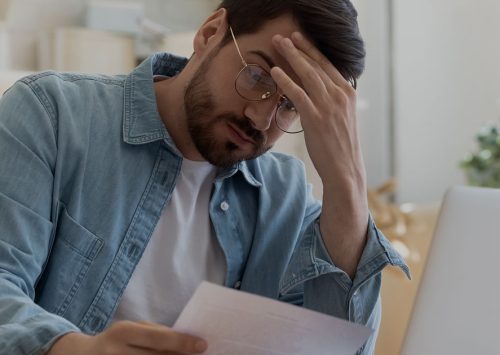Empeople Insights.
Looking to whip your finances into shape? Get the best personal finance advice, money management tips, and more for all Empeople members.
Featured Content

Financial Tips to Start the New Year Off Right
The year is nearing an end, and people across the world and of all ages are starting to make their New Year resolutions. For many, that will include at least one financial resolution. Start your year off right by taking steps toward your financial goals with these tips for your best financial year yet! Stay […]

How to Create a Holiday Budget That Won’t Break the Bank this Year
The holiday season is officially upon us! While it’s a beautiful time of year, the holidays can be stressful financially as families prepare for holiday gift-giving and other traditions. Use this guide to create a holiday budget that won’t leave you stretched or stressed in the new year. Not all families have the means to […]

Financial Planning: A Guide to Creating a Financial Plan That Works for You
Financial planning is an essential component of securing the financial future of your dreams. After all, failing to plan is planning to fail. In the realm of financial health, we’ve got the tools and resources you need to plan properly. Follow the tips in this comprehensive financial planning guide to discover the fundamental principles, strategies, […]
- show all (100)
- Borrow (17)
- Plan (45)
- Save (35)
- Spend (19)









